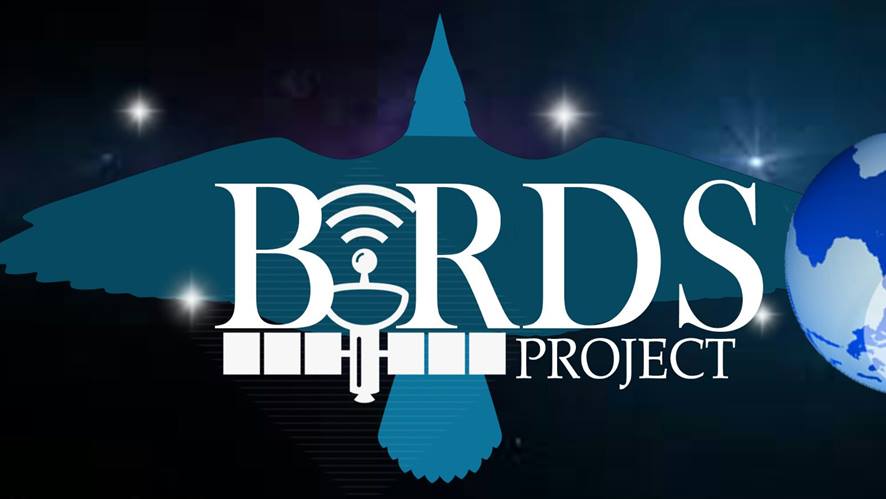🧭 What Is This Project?
BIRDS Open Source is an educational satellite development platform based on the Kyutech BIRDS model, now made openly accessible for learning and collaboration. It includes software, hardware, documentation, and team workflows to help you simulate or build a real CubeSat.
🛠️ Who Is This For?
Learn-by-doing through real-world satellite design tasks.
Apply guides and workflows to your actual or simulated satellite missions.
Contribute to or adapt systems like the OBC, COM, EPS and test them.
Translate, document, or localize content to your region.
Benefits of the BIRDS Open Source
- For engineering managers: It simplifies the process of maintaining standards and managing your interconnected tech network.
- For developers: The BIRDS Open Source provides a central place to manage all projects, which ease the building of standardized software components.
- For platform engineers: It allows for seamless integration of new tools and extends functionality.
- For Everyone: It serves as a single and consistent experience that ties all your resources and tools together.
Explore the BIRDS Series

The Joint Global Multi-Nations Birds Satellite project, or BIRDS project for short, was established by the Kyushu Institute of Technology (Kyutech) to help countries build their first satellite. Young engineers from select countries get to learn about space engineering at Kyutech, mostly using the 1U CubeSat.
The BIRDS project has two main objectives:
- Experience the entire cycle of a satellite project, from mission definition to operation, in a hands-on manner.
- Have a strategy for sustainability after the training.
The primary goal is not to build a satellite, but to establish a sustainable space program in each member country.
So far, there have been 4 completed and one ongoing BIRDS missions, which are:
- BIRDS-1: Bangladesh, Japan, Mongolia, Ghana and Nigeria .
- BIRDS-2: Bhutan, Philippines and Malaysia.
- BIRDS-3: Japan, Sri Lanka and Nepal.
- BIRDS-4: Japan, Philippines and Paraguay.
- BIRDS-5: Japan, Uganda and Zimbabwe.
Kyutech’s fellowship programs (PNST) and Space Engineering International Course (SEIC) provide hands-on space engineering training using CubeSat development, enabling each mission to be completed in two years. The goal of open sourcing the process is to enable teams from across the world to develop their own countries’ first satellites.